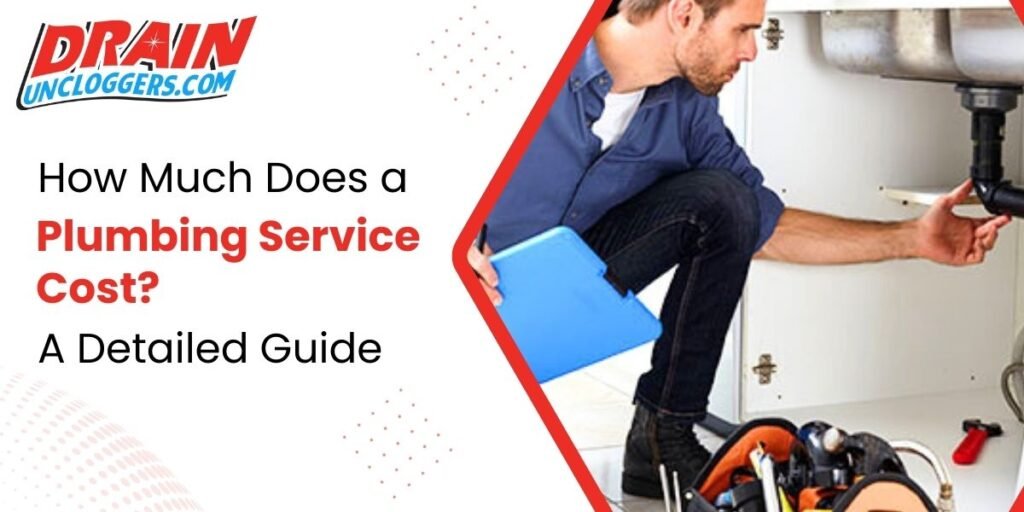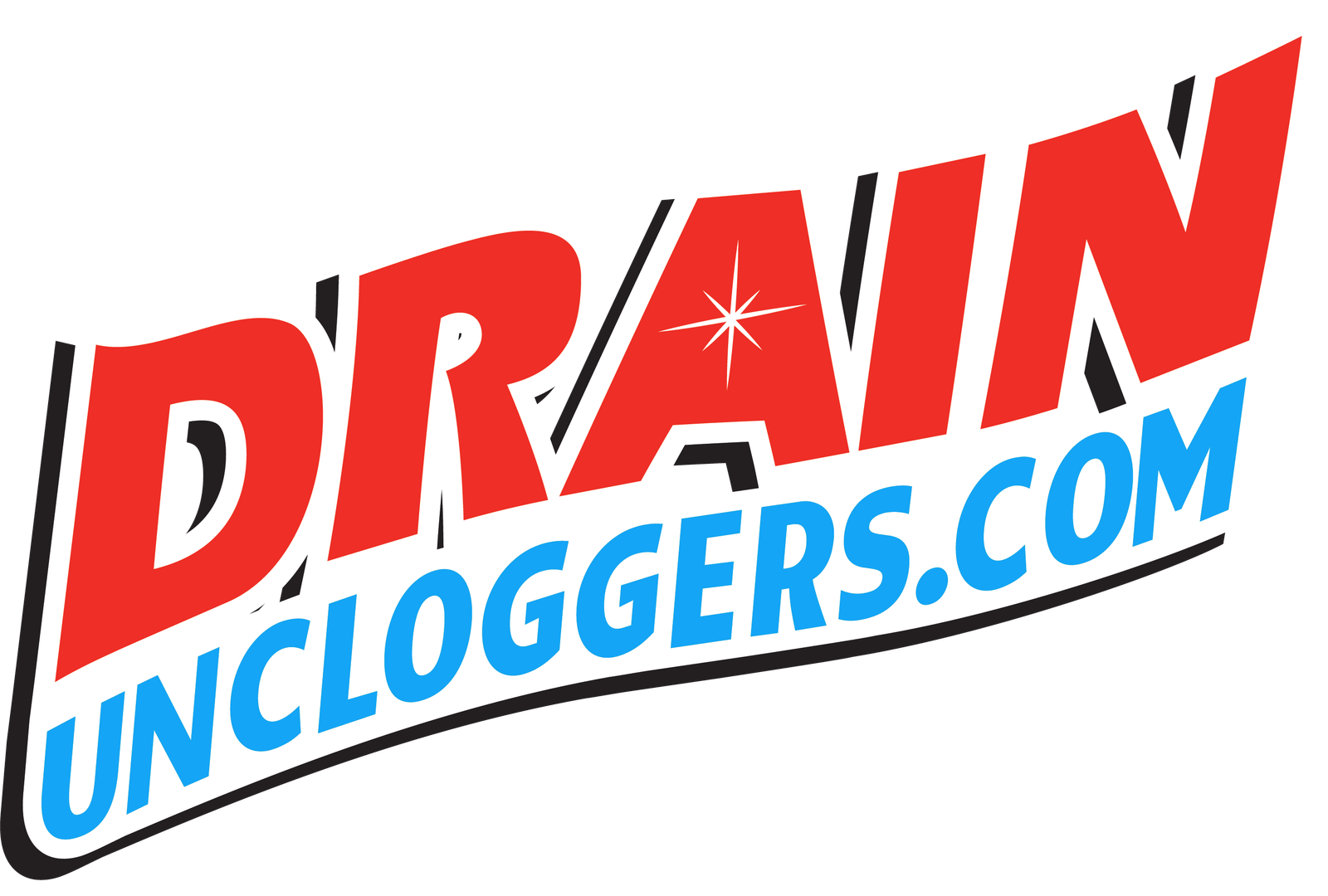Plumbing services are essential for maintaining the safety and functionality of your home. Whether it’s a minor leak or a major installation, understanding the cost of plumbing services can help you plan and budget effectively. This comprehensive guide will delve into various factors that influence plumbing costs, common services, and how to get the best value for your money.
Factors Influencing Plumbing Costs
Plumbing costs can vary widely depending on several factors:
- Type of Service: Basic repairs like fixing a leaky faucet or unclogging a drain are generally less expensive than complex jobs such as installing a new water heater or repiping a house.
- Location: Costs can vary based on geographic location. Urban areas typically have higher labor costs compared to rural areas.
- Time of Service: Emergency services or jobs done outside regular working hours (nights, weekends) usually cost more.
- Materials: The quality and type of materials used (e.g., PVC vs. copper pipes) can significantly affect the cost.
- Complexity of the Job: Jobs that require specialized skills, tools, or significant time will be more expensive.
- Experience of the Plumber: Experienced plumbers or those with specialized certifications may charge higher rates.
Common Plumbing Services and Their Costs
Below are some of the most common plumbing services and their average costs:
- Leak Repair: Fixing a simple leak can cost between $150 to $350, depending on the location and severity. Complex leaks inside walls or floors may increase the price.
- Drain Cleaning: The cost for clearing a basic clog ranges from $100 to $275. More severe blockages that require hydro-jetting or camera inspection could cost upwards of $500.
- Water Heater Installation: Installing a new water heater can range from $800 to $3,000, depending on the type (tank vs. tankless) and complexity of the installation.
- Pipe Repair and Replacement: Pipe repair costs can vary widely based on the extent of the damage. A small section repair might cost $150 to $350, while whole-house repiping can range from $4,000 to $15,000.
- Toilet Repair and Installation: Basic toilet repairs can cost between $150 and $300, while installing a new toilet might range from $200 to $600.
- Sump Pump Installation: Installing a sump pump to prevent basement flooding can cost between $1,000 to $3,000, depending on the type and complexity.
- Sewer Line Repair and Replacement: Sewer line repairs can be expensive, ranging from $2,000 to $7,000, depending on the damage and method of repair.
Emergency Plumbing Services
Emergency plumbing services can be significantly more expensive due to the urgency and the need for immediate attention. Typical emergency service fees can add an extra $100 to $300 to the normal service cost. For instance, if you have a burst pipe in the middle of the night, the cost could range from $300 to $1,200 or more, depending on the severity of the issue.
How to Reduce Plumbing Costs
While plumbing services are essential, there are ways to reduce costs:
- Regular Maintenance: Regular inspections and maintenance can prevent major issues, saving you from costly repairs. For instance, annually inspecting your pipes can catch leaks before they become severe.
- DIY Minor Repairs: If you’re handy, tackling minor repairs yourself can save money. However, ensure you know what you’re doing to avoid making the problem worse.
- Get Multiple Quotes: Always get at least three quotes from different plumbers to compare prices and services. This can help you find the best deal.
- Ask for a Breakdown of Costs: Request a detailed estimate that breaks down labor, materials, and other costs. This transparency can help you understand what you’re paying for and where you might be able to save.
- Use High-Quality Materials: While high-quality materials may be more expensive upfront, they often last longer, reducing the need for frequent repairs.
- Combine Jobs: If possible, combine multiple plumbing tasks into one visit. This can reduce labor costs, as the plumber can address several issues in a single trip.
Choosing the Right Plumber
The cost isn’t the only factor to consider when choosing a plumber. Quality of work, reliability, and experience are equally important:
- Check Credentials: Ensure the plumber is licensed and insured. This protects you in case of accidents or subpar work.
- Read Reviews: Look for reviews online to see what previous customers have to say about their experience.
- Ask for References: A reputable plumber should be able to provide references from past clients.
- Consider Experience: Experienced plumbers may charge more but are often more efficient and knowledgeable, potentially saving you money in the long run.
Understanding Plumbing Estimates
Plumbing estimates can vary, so it’s essential to understand how they are calculated. A typical estimate will include:
- Labor Costs: Usually charged by the hour, with rates ranging from $50 to $200 per hour depending on the plumber’s experience and location.
- Material Costs: Includes the cost of pipes, fittings, and other necessary materials. This can range from a few dollars to hundreds depending on the job.
- Additional Fees: These might include travel fees, disposal fees for old materials, and permit costs if required.
- Contingency Costs: Some estimates include a contingency cost to cover unexpected issues that may arise during the job.
Regional Variations in Plumbing Costs
Plumbing costs can vary significantly across different regions:
- Northeast: Higher living costs lead to higher plumbing service rates, especially in cities like New York and Boston.
- Midwest: Generally, plumbing costs are lower in this region, but urban areas like Chicago may have higher rates.
- South: Costs are typically moderate, with variations between rural and urban areas.
- West: Like the Northeast, the West Coast, particularly California, tends to have higher plumbing costs due to the cost of living.
Hidden Costs to Watch Out For
When hiring a plumber, be aware of potential hidden costs:
- Travel Fees: Some plumbers charge extra for travel, especially if you live in a remote area.
- After-Hours Fees: Services outside regular working hours often come with additional charges.
- Disposal Fees: Removing old equipment or materials can incur extra costs.
- Permit Fees: Certain plumbing jobs require permits, which add to the overall cost.
Insurance and Warranty Considerations
Ensure that any plumbing work comes with a warranty and that the plumber is insured:
- Warranty: A good plumber should offer a warranty on their work, typically ranging from 30 days to a year. This ensures that if something goes wrong due to their work, they’ll fix it at no additional cost.
- Insurance: Verify that the plumber carries liability insurance. This protects you in case of accidents or damage to your property during the job.
Final Thoughts on Plumbing Costs
Understanding the costs associated with plumbing services can help you make informed decisions. While it might be tempting to go with the cheapest option, it’s crucial to consider the quality of work and the plumber’s experience. Regular maintenance and early intervention in minor issues can save you from costly repairs down the line. Always do your research, ask for detailed estimates, and ensure you’re working with a reputable plumber.
In conclusion, plumbing costs are influenced by various factors, from the type of service required to the materials used. By understanding these factors, you can better navigate the process and ensure you get the best value for your money.


